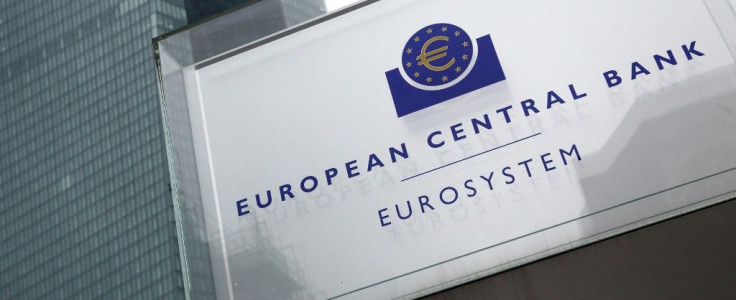ECB Says Could Accept 'Junk' Bonds As Collateral For Loans
European Central Bank governors agreed Wednesday that banks could put up so-called "junk" bonds as collateral when borrowing from the Frankfurt institution, in case eurozone governments and firms see their credit ratings downgraded as they grapple with the coronavirus pandemic.
"Marketable assets and issuers of these assets... that met the minimum credit quality requirements on 7 April 2020... will continue to be eligible in the case of rating downgrades," the ECB said in a statement, in a process it referred to as "grandfathering".
The ECB has already taken a series of measures easing the requirements for collateral "to ensure that banks have sufficient assets that they can mobilise as collateral... and to continue providing funding to the euro area economy," the statement said.
As well as massively expanding its so-called "quantitative easing" (QE) bond-buying programme to 1.1 trillion euros ($1.2 trillion) this year, the ECB is offering banks access to vast amounts of cash via low-interest loans.
The aim is to keep credit flowing to the real economy to cushion the financial blow from coronavirus-fighting shutdowns.
But in order to access that liquidity, banks must still put up collateral, often in the shape of government or other debt on their books.
Normally, that debt must be rated above a certain level by private-sector ratings agency like Moody's or Standard and Poor's (S&P).

If government or other debt is downgraded to junk status, that could rule it out as collateral -- hobbling banks' ability to keep lending and potentially forcing them to sell the debt, further dragging down economic activity.
But the eligibility of collateral will now be "grandfathered", effectively disregarding possible downgrades until September 2021.
In doing so, the ECB's governing council aims to avoid such "procyclical" effects on upcoming rounds of its low-interest loan scheme, known as TLTRO.
In future, "the ECB may decide, if and when necessary, to take additional measures to further mitigate the impact of rating downgrades," the central bank said.
A source close to the ECB told AFP that this could be a veiled reference to making some junk bonds eligible for purchase under its QE scheme.
News that governors would be discussing junk bonds "has 'Italy' written all over it," ING analysts wrote ahead of a telephone conference late Wednesday.
An S&P review later this week means "there is a risk Italian debt could start its slide to junk status," the bank experts warned, adding that large amounts of corporate debt could also be downgraded.
© Copyright AFP 2024. All rights reserved.




















